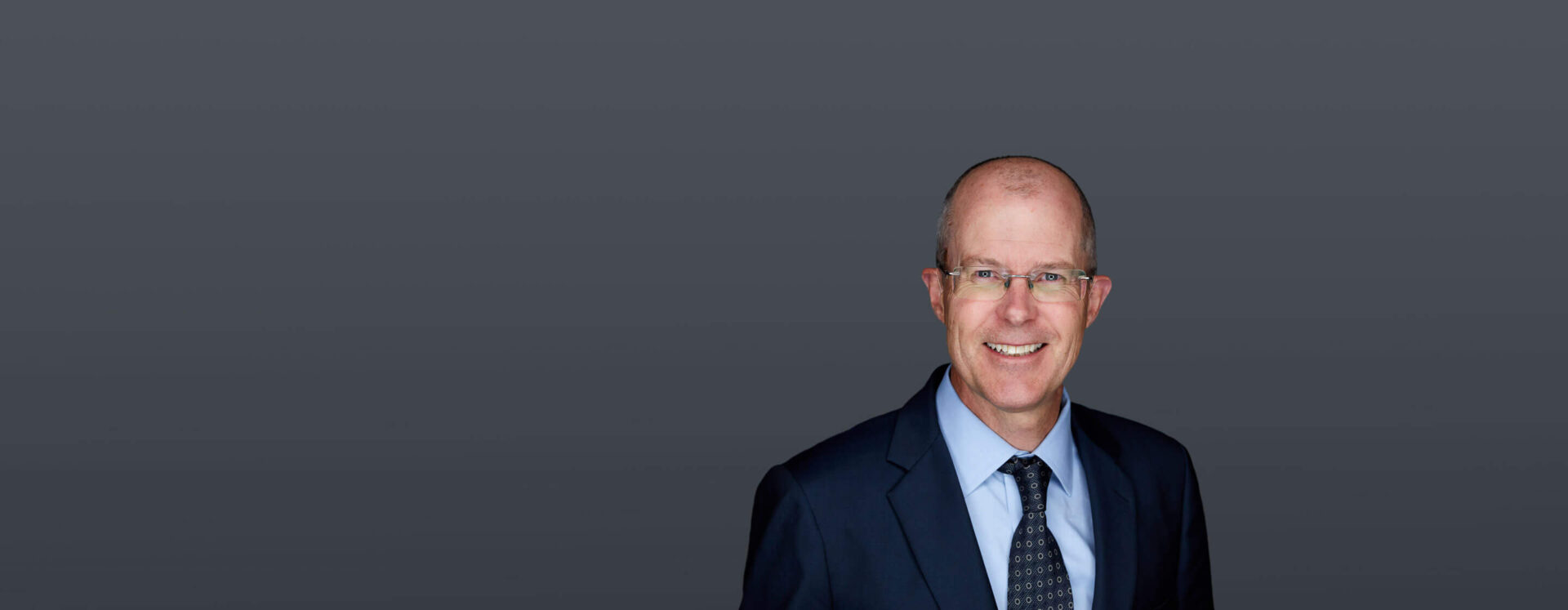
What are you working on at the moment?
I’m working on how to align strategy and culture – too many companies artificially separate the two, to their detriment. Strategy is what to do and culture is how to do it. The truth is, if you do any sort of culture program after the rollout of a new strategy, it looks like a mere afterthought. Ideally strategy and culture should be created and implemented, simultaneously. Don’t make the mistake of thinking about culture simply as behavior. Structural change will affect behavior and so too will a change in reward systems or in the way we organize – all have immediate implications on how people interact with each other and what they see as important.
How are you working on this topic?
I have used the time that was freed up by COVID-19 to develop video cases on the topic with companies including BCG, Lundbeck and Julius Bär. Bär was the first real trip I took in months – all the way to Zurich to videotape the CEO. Trips to BCG and Lundbeck were the last two I took before the shut-down, so there are fresh aspects to the work I did with these companies, with elements of COVID-19 and reactions to the pandemic in them. People in CEO positions there have really found time to reflect in a meaningful way about their companies, their work and their lives, as well at those of their employees.
What triggered your interest in your specialization?
I am fascinated by the artificial separation of strategy and culture on the one hand and value destruction on the other hand. In 1986, Dan Denison – a world-renowned expert in organizational culture – invited me to the University of Michigan, so I went and did my PhD with him. When he came to IMD in 1999, he invited me to join him, and in 2000 I took up a faculty position. I am closely associated with him and the concept of 360° feedback as well as organizational culture. As a matter of fact, Denison created a tool to assess a company’s organizational culture; one which is still used by many faculty to this day. Companies typically treat culture as independent of strategy, but then frustration grows. Culture assessment can be a useful tool to identify the weakness of such a separate approach and to create a powerful performance-oriented culture that is aligned with strategy.
What can we learn from these cases on aligning strategy and culture?
You can have both better strategy execution and more fun. Culture forces you to think through how you will engage people around strategy in a meaningful way, and it helps on the execution side for people to see themselves as owners of the strategy. This is more fun for workers who feel they are really a part of the company. The idea that there is a line of sight between what employees do and what they feel they can contribute to the organization is paramount.
What do you consider your greatest professional achievement?
Finding avenues of value creation independent of what an external body expects. I grew up in the Academy of Management and the American tenure track system. There the expectation is that you publish in A-journals – in fact it’s a must for getting tenure. Teaching ratings don’t really matter. I did pursue excellence in teaching and in publication and did manage to get tenure, but when I got a teaching award at Rutgers my colleagues joked that I could then forget about tenure. Here at IMD, there is more emphasis on Harvard Business Review, MIT/Sloan, books and written cases. But over time what has been most meaningful to me is the creation of video cases. Independent of the mainstream rewards, this is the big professional accomplishment: finding an approach that is important to me personally and to the clients.

